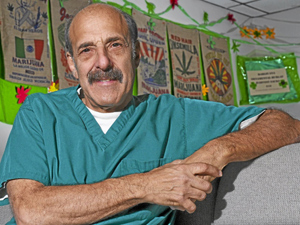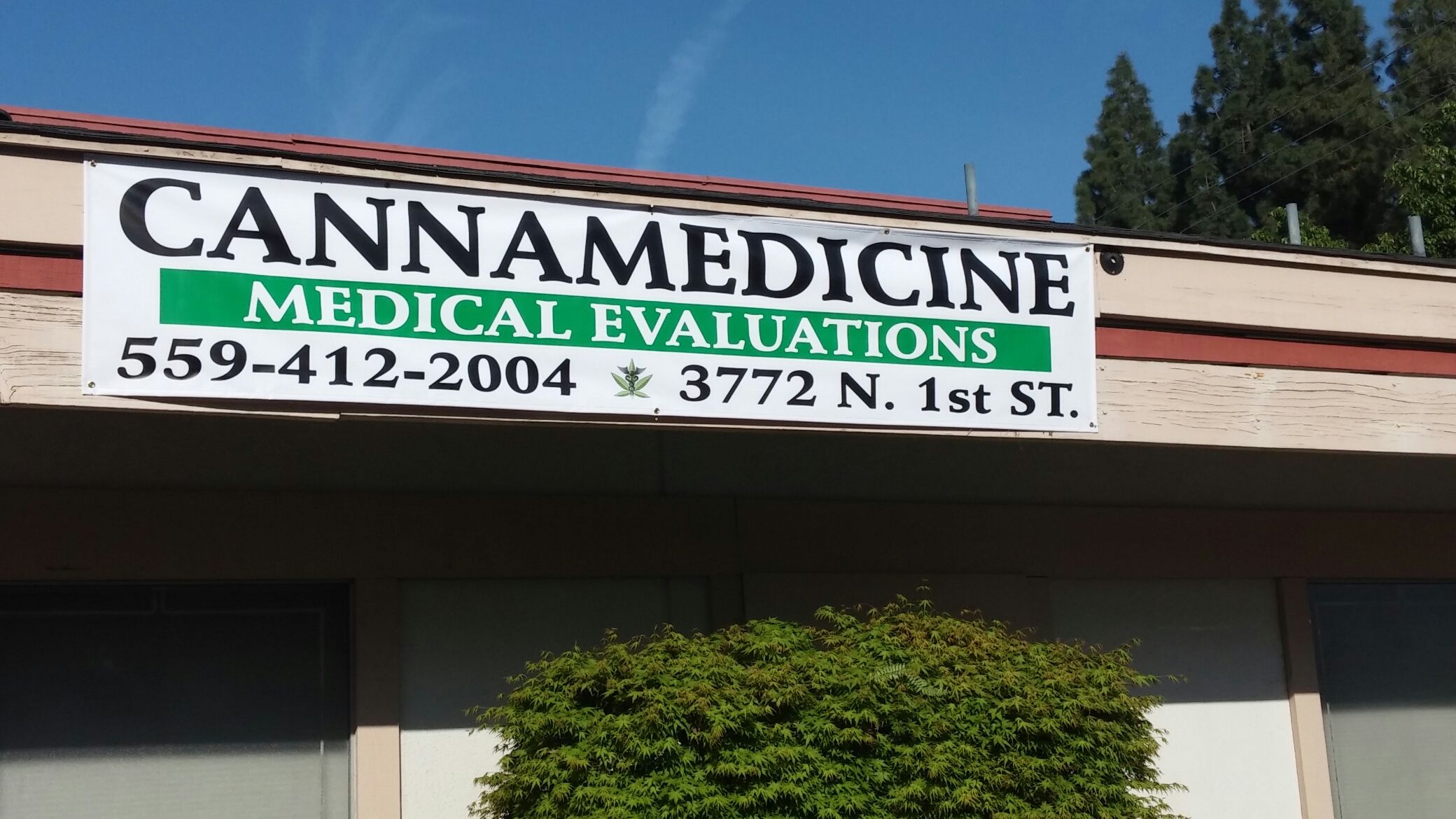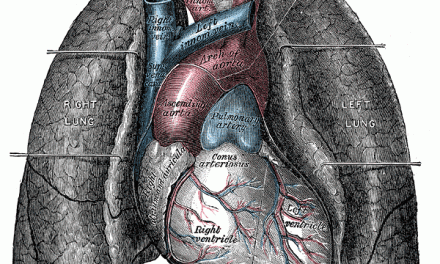From Lanny Swerdlow, RN:
I am concerned about the tightening of MD recs for MMJ under MMRSA – it is of concern because it seems like it could make it more difficult for people to get recs as doctors will be less likely to write recs so easily especially for males under 30. The language reads:
“Repeated acts of clearly excessive recommending of cannabis for medical purposes, or repeated acts of recommending without a good faith prior exam” is made a high priority for investigation by the Calif. Medical Board.”
I have been told it is identical to existing language regarding controlled substances and although medical marijuana is not listed in California’s CSA it has generally been assumed to apply to MMJ. However, I could not find language like that in California’s CSA – in fact I am not sure that what I read was California’s CSA.
Assuming that the CSA is what I have been told (and you know what they say when you assume) I don’t believe the language about controlled substances has been applied to mmj recommending doctors like it has been to doctors who write prescriptions for opioid medications. Doctors have been severely disciplined and had licenses suspended and even revoked over writing to many opioid prescriptions.
With the new language in MMRSA I am concerned that doctors that write lots of mmj recommendations may now come under the same scrutiny as doctors writing opioid prescriptions as now there is no doubt that the language applies to mmj. Just because no one dies from mj and 19,000 people die every year from opioids, doesn’t mean that the authorities that enforce California’s controlled substances act will recognize that distinction as a reason to treat doctors writing “clearly excessive” mmj recommendations any differently than doctors writing “clearly excessive” opioid prescriptions.
I understand that Prop 215 reads:
11362.5. (c) Notwithstanding any other provision of law, no physician in this state shall be punished, or denied any right or privilege, for having recommended marijuana to a patient for medical purposes.
Whether that will exonerate physicians who wrote “clearly excessive” recommendations is problematic as physicians are fully licensed under law to write opioid prescriptions, but not “clearly excessive” prescriptions.Should physicians whose major practice is writing mmj recommendations have some serious concerns about this new language in MMRSA? I think they should.
Retro Message from the Managing Editor:
Lanny, here are some notes to the SCC providing relevant background re MMRSA:
• MMRSA Sounds like MRSA
• Implementing MMRSA (serious business)
The latter note shows that the politicians, police, and bureaucrats who created MMRSA understood that passing an Act is only prelude to its implementation, which requires a whole ‘nother push. The “campaign professionals” from DPA who paid for the Prop 215 signature drive, immediately pulled all resources out of California and went tritzing off to DC with a weaker initiative in ’97. Although they weren’t “campaign professionals,” Tod Mikuriya, MD, and Dennis Peron were well aware that implementation of Prop 215 would be a fierce struggle. Tod applied in vain for a grant to conduct an audit to monitor compliance on the part of all the relevant agencies —CPS, Probation, Sheriffs, etc. The honchos wouldn’t give a penny for Tod’s audit. This was the key to handing the political momentum back to the cops and bureaucrats.
Have you followed the recent arrest by the Tulare County sheriff of Howard Ragland, Jr., MD? He was facing an accusation from the Medical Board of California but had not yet had his hearing. I suspect that the legislature urging the med board to be more aggressive was interpreted by the Sheriff and DA to sic ’em (which they have been dying to do all these years). See these notes to the SCC re Ragland.





